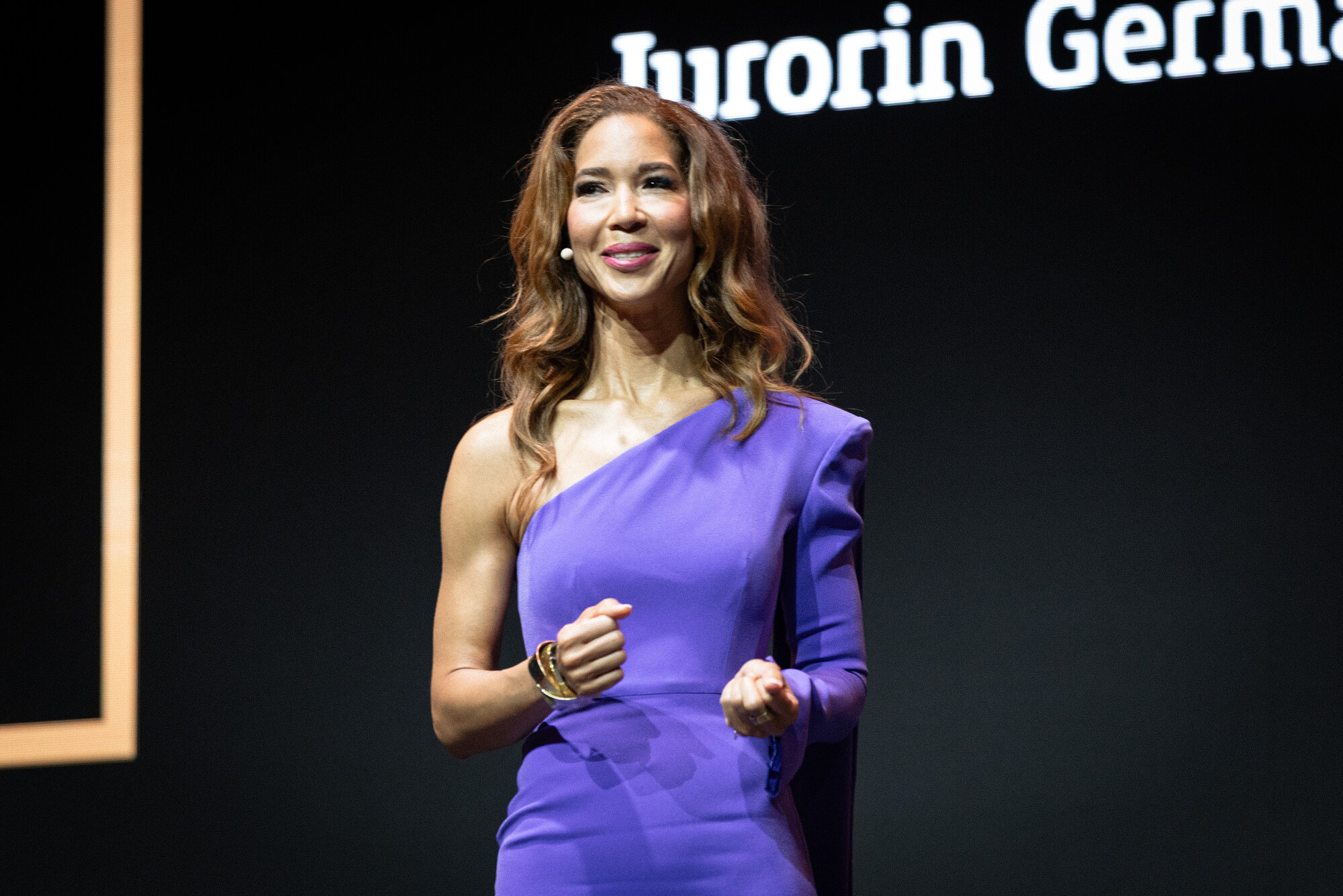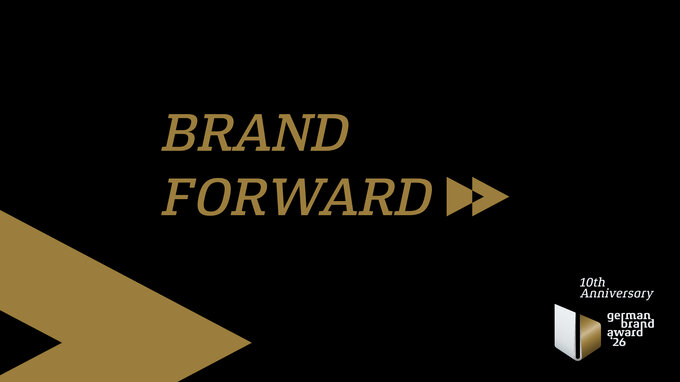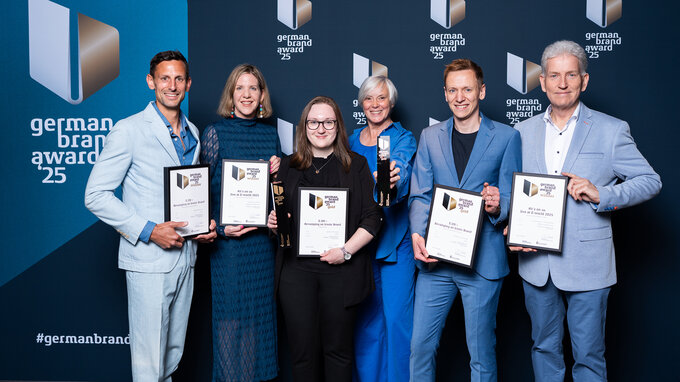The German Brand Awards hold a unique position

Five questions for Dr Saskia Diehl, jury member of the German Brand Awards
In 2025, the jury of the German Brand Awards comprised 20 members. In 2016, the commitee consisted of just 8, including you. How have the awards evolved since then?
At the time, we were still asking ourselves what position the awards would take in comparison to others. Today we know: their positioning is unique. Like no other, the German Brand Awards specifically recognise strategic brand work in the DACH region – regardless of company size or budget. Even smaller brands with big ideas have the opportunity to gain visibility. Overall, the awards have grown significantly and gained international relevance. New categories such as Purpose of the Year, Sustainable Brand of the Year and AI Project of the Year reflect the transformation of brand management itself. It’s also fascinating to see how the winners have evolved: in the early years, trophies were often collected by executives – today, whole teams celebrate together. The German Brand Awards now symbolise shared success that has been collectively achieved.
How does the jury reflect the diversity of the branding world?
The jury is as diverse as the brands themselves. This year, the panel consisted of CMOs, managing directors, brand strategists, researchers and thought leaders. Alongside representatives from listed companies, lifestyle and digital brands, and startups, the specialist press was also represented last year with Gabriele Fischer, Editor-in-Chief of the business magazine brand eins. This mix is our greatest strength: it ensures that we view brands from a variety of perspectives and are able to define a holistic benchmark.
You’ve been part of every jury session and are also a fixture at the award show. Which project has stayed with you the most?
I don’t have to look very far back for that one. The pitch by 1KOMMA5° for Startup of the Year 2025 was outstanding. The energy, courage and clear vision of Sophia Rödiger, CMO DACH, still resonate with me today. Moments like these embody what the awards stand for: they give young brands that are reshaping entire industries a platform. But I’m also impressed by the “regulars” – like Telekom, which has been recognised several times at the German Brand Awards over the years. We have often asked ourselves critically whether we can award them again for their brand work. But Telekom remains a prime example of consistent, performance-oriented brand management – and that deserves recognition. And of course, the award show itself is a highlight every year: from the atmosphere in the Uber Eats Music Hall to the inspiring encounters. Backstage, it feels like a class reunion – we talk about whether the honorary guests will make it to the stage on time and share that contagious excitement that comes with an event of this scale.
How do you ensure comparability despite the diversity of entries?
There are clear criteria by which each jury member evaluates a selection of entries via a digital voting tool. This creates the foundation for our discussions and final decisions on the Gold winners and honorary awards. Our varied backgrounds and perspectives help enormously in this process. I’m convinced that this diversity enables us to identify and assess all the different aspects that make a brand project truly outstanding.
Where is brand management heading in the future?
The brand management of tomorrow will be shaped more than ever by technology, society, and new forms of collaboration. Artificial intelligence enables dynamic brand development and hyper-personalisation. Communication will increasingly reach audiences in real time, offering tailored responses to needs and moods. At the same time, the role of brand creators is fundamentally changing: rather than controlling from the centre, they must give spaces for co-creation and allow participation. Customers, communities and influencers are already actively shaping brand images. What matters is that brands remain tangible at every touchpoint and consistent through their clearly defined identities. This new dynamic requires courage and openness – and it should be enjoyable, too. More and more German companies already understand: brand management is at its best when it’s fun.



